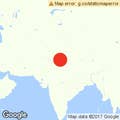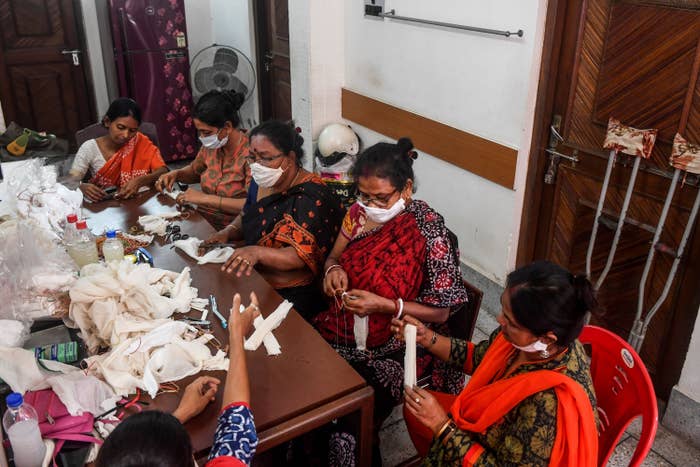
The journalists at BuzzFeed News are proud to bring you trustworthy and relevant reporting about the coronavirus. To help keep this news free, become a member and sign up for our newsletter, Outbreak Today.
NEW DELHI — Every morning for the past week N.K., a 35-year-old community health activist, has received a WhatsApp message from her supervisor with the names of the latest group of travelers returning to India from countries affected by the coronavirus. Once she has the list of names, N.K. tracks down their addresses. By noon, she’s at someone’s doorstep, armed with a list of do's and don’ts for people suspected of carrying the virus.
Over the phone, she reeled off the list of instructions she gave people: “Wash your hands, clean your living spaces. Avoid: crowds, religious gatherings, weddings, elderly people and eating food from outside. If you have a cough, cough into a mask. If you have fever or any other symptoms, call me. Even if you don’t, I’ll be here.”
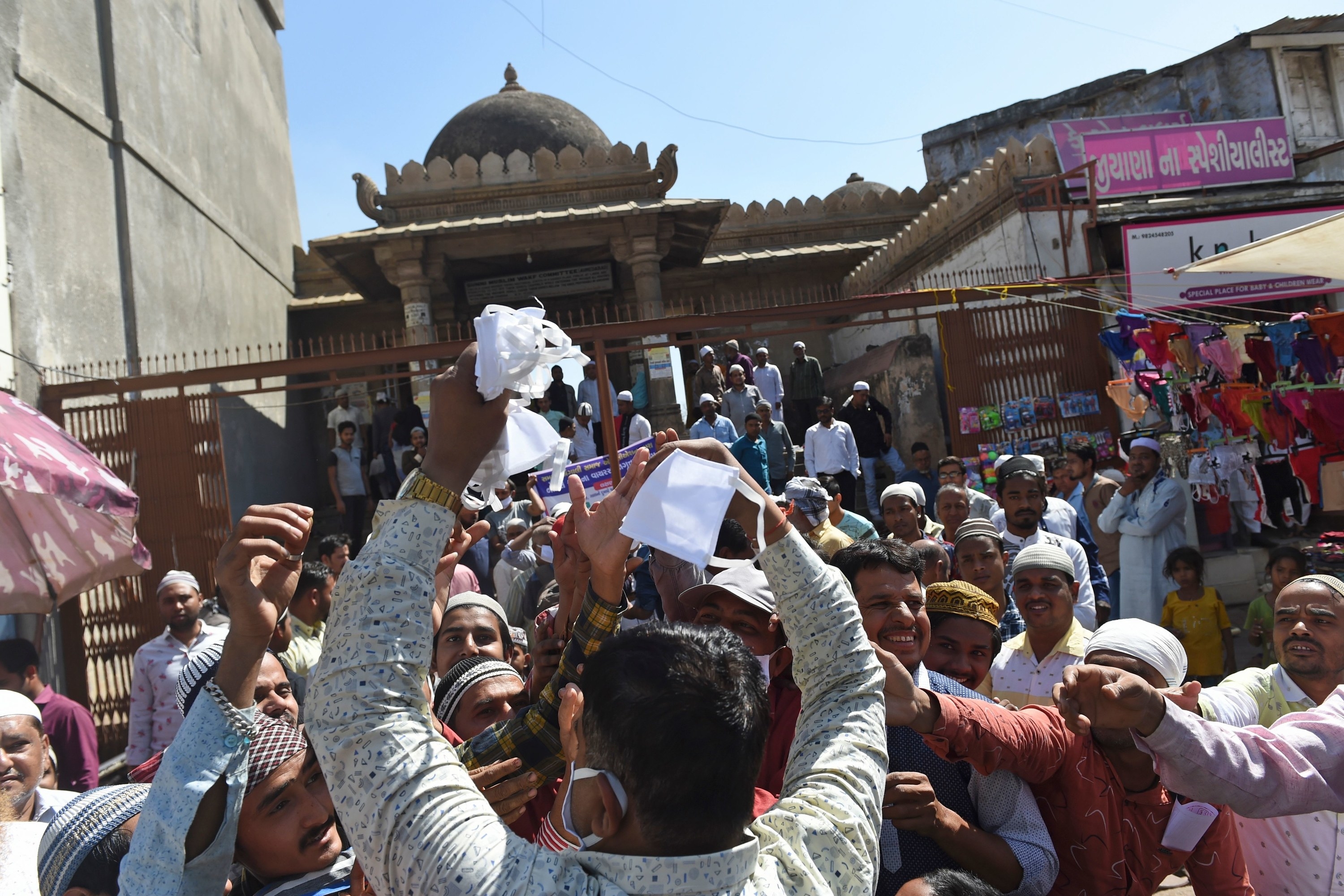
Women like N.K. are known as ASHAs — an acronym for Accredited Social Health Activists, which also spells the Hindi word for “hope” — and have been deployed as India’s first line of defense to track down “imported cases” of the coronavirus. These are Indian travelers who might be bringing the virus home from China, Europe or the Gulf countries, where a large section of Indians work as migrant labour. According to the latest Indian health ministry advisory, India currently only has “imported cases” of the novel coronavirus and no recorded cases of community transmission — which makes the ASHAs’ work of monitoring travelers and their families even more crucial.
India has so far appears to have escaped the worst of the coronavirus pandemic, with 194 cases and four deaths, and has been praised by the World Health Organization for its response so far. But while the government has launched an aggressive airport screening program, it is not carrying out widespread testing, and Indians returning from Europe have raised concerns about the quarantine centers they were held in.
Total cases and deaths by country
Several Indian state governments, such as in Punjab, Karnataka, Andhra Pradesh, Kerala, and Maharashtra, have deployed community health workers to do the work N.K. is doing — track down returnees, monitor them and their families for 14 days to check whether they develop any symptoms of the coronavirus, and go door to door teaching people how to practice social isolation, and to protect themselves.
It’s crucial but dangerous work. In Italy, where coronavirus has killed more people than in any other country in the world, one in 12 people infected by the virus so far have been health workers. In the US, the CDC recommends that public health professionals who do the work that the ASHAs are doing in India, conduct interviews over the phone or on video chat. In the event that they are checking for symptoms in person, health workers should wear full personal protective equipment (PPE) before entering homes of possible patients. Recommended PPE includes a gown, gloves, face shield, goggles and a respirator mask like the N-95.
Do you have questions you want answered? You can always get in touch. And if you're someone who is seeing the impact of this firsthand, we’d also love to hear from you (you can reach out to us via one of our tip line channels).
But BuzzFeed News spoke to ASHAs in four different states — Punjab, Haryana, Karnataka, and Andhra Pradesh — who said they had not even been given masks or hand sanitizer while conducting house calls to potential coronavirus carriers. Several had spent their own money to buy masks and sanitizers, others were making them at home. None of them were able to follow the WHO or Indian health ministry’s guidelines on masks: to wear a new one every six hours, and get rid of used masks by burning or deep burial. An ASHA from Haryana told BuzzFeed News that her state government had organized a training program to teach community health workers about precautions to take while conducting surveys of coronavirus patients, but the training was canceled due to fears of the organizers contracting COVID-19, the disease caused by the coronavirus.
Most women refused to speak on the record fearing professional retaliation from their supervisors, N.K. agreed on the condition that she was identified only by her initials.
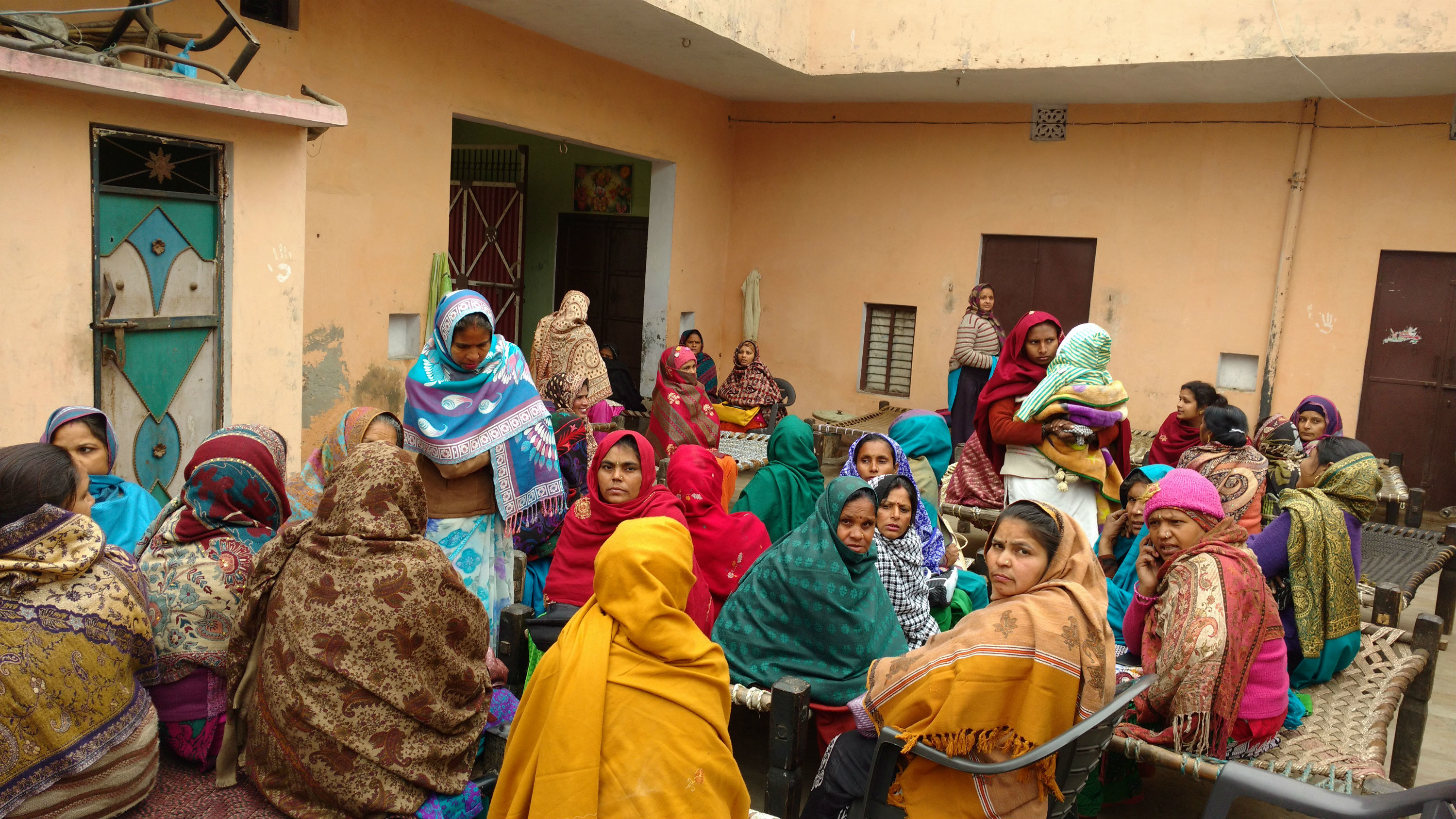
On Thursday evening, Indian Prime Minister Narendra Modi finally addressed the nation about the growing threat the coronavirus posed. He urged citizens to dismiss the idea that the virus could not affect them and to follow guidelines on social distancing. While he did not go into the details of how the government was responding to the coronavirus, he encouraged people to stand at their doorways or balconies at 5 p.m. on Sunday to clap, ring bells, or clank cooking utensils, so everyone could express their gratitude and appreciation for public health workers.
It’s unclear however how the sound of cooking pans being whacked with metal spoons will help the ASHAs, who form the backbone of India’s public health care system.
State governments have routinely failed to take the safety of ASHA workers into account. Even before the pandemic, ASHAs across the country have gone on strike for being severely underpaid (approximately $80 per month), having no worker rights (they are considered “honorary volunteers” instead of government employees), and frequently finding themselves on the frontlines of both disease and violence and burdened with extra hours of labor each time state governments want a survey carried out.
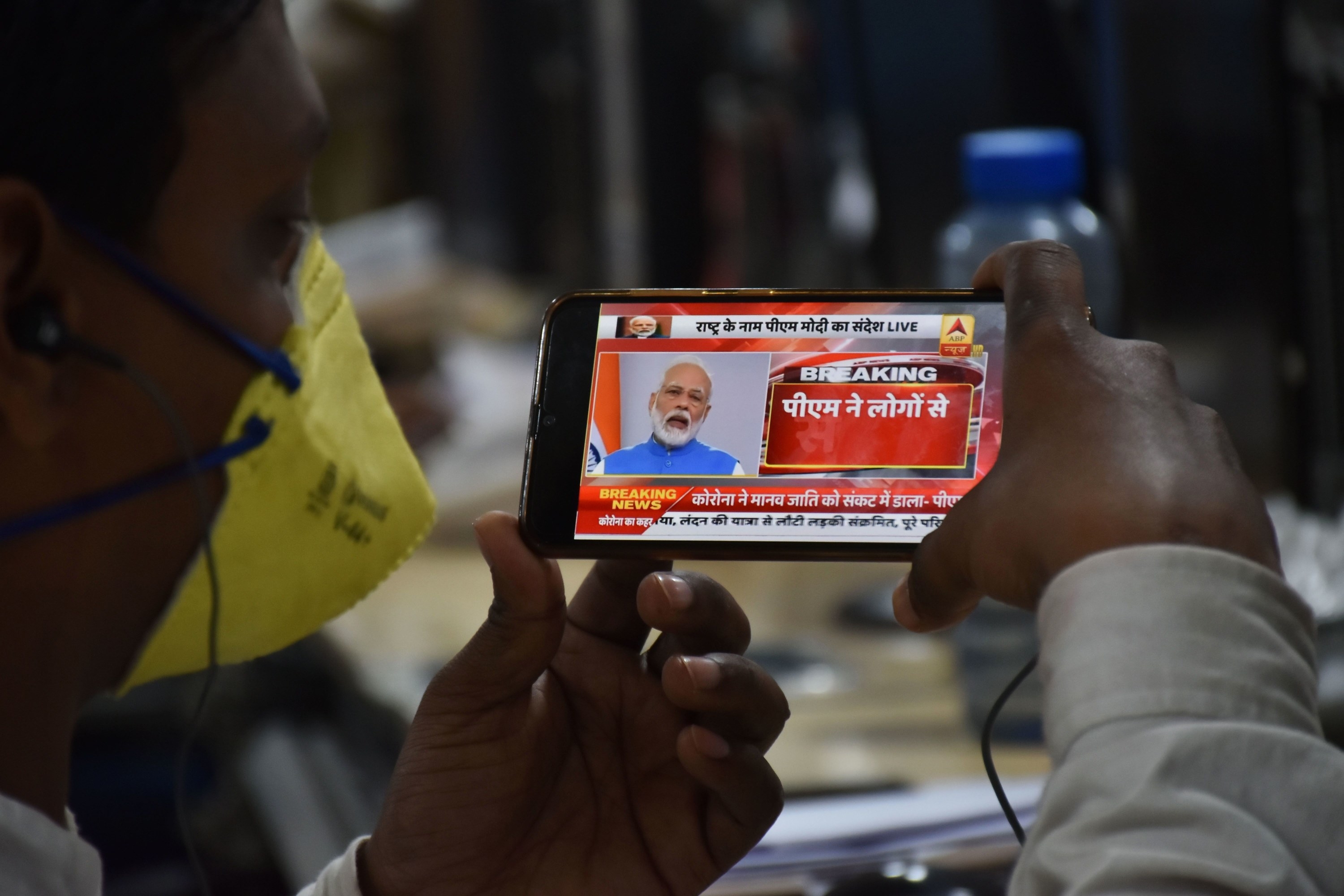
There is almost no clear state-wise data on the number of COVID-19 cases in India, only aggregated press releases sent out twice a day. The health ministry is slow to update information received about positive cases, and there is a complete information vacuum on several people who have no travel history to foreign countries but have still contracted the virus — the Indian government is still not testing for community transmission. In this environment, ASHAs are in danger of contracting the disease and spreading it further.
Susana Barria, who works for the global union federation, Public Services International, said that community health workers across the world, who are almost always women, are told that the work they do qualifies as “care or volunteer work,” not a proper job. This is why they rarely get the benefits of employment, like protection against disease, maternity leave, paid sick leave, all of which will be especially crucial now.
“It’s never been clearer that public healthcare needs community health workers,” Barria said. “The skills and the capacity these women have, the way in which they are familiar with each community’s members — the sick, the elderly, the children — the ASHAs are the most likely to know when someone is displaying symptoms of coronavirus, has been traveling abroad or is missing from the home. Without them, doctors will be operating blind,” Barria said.
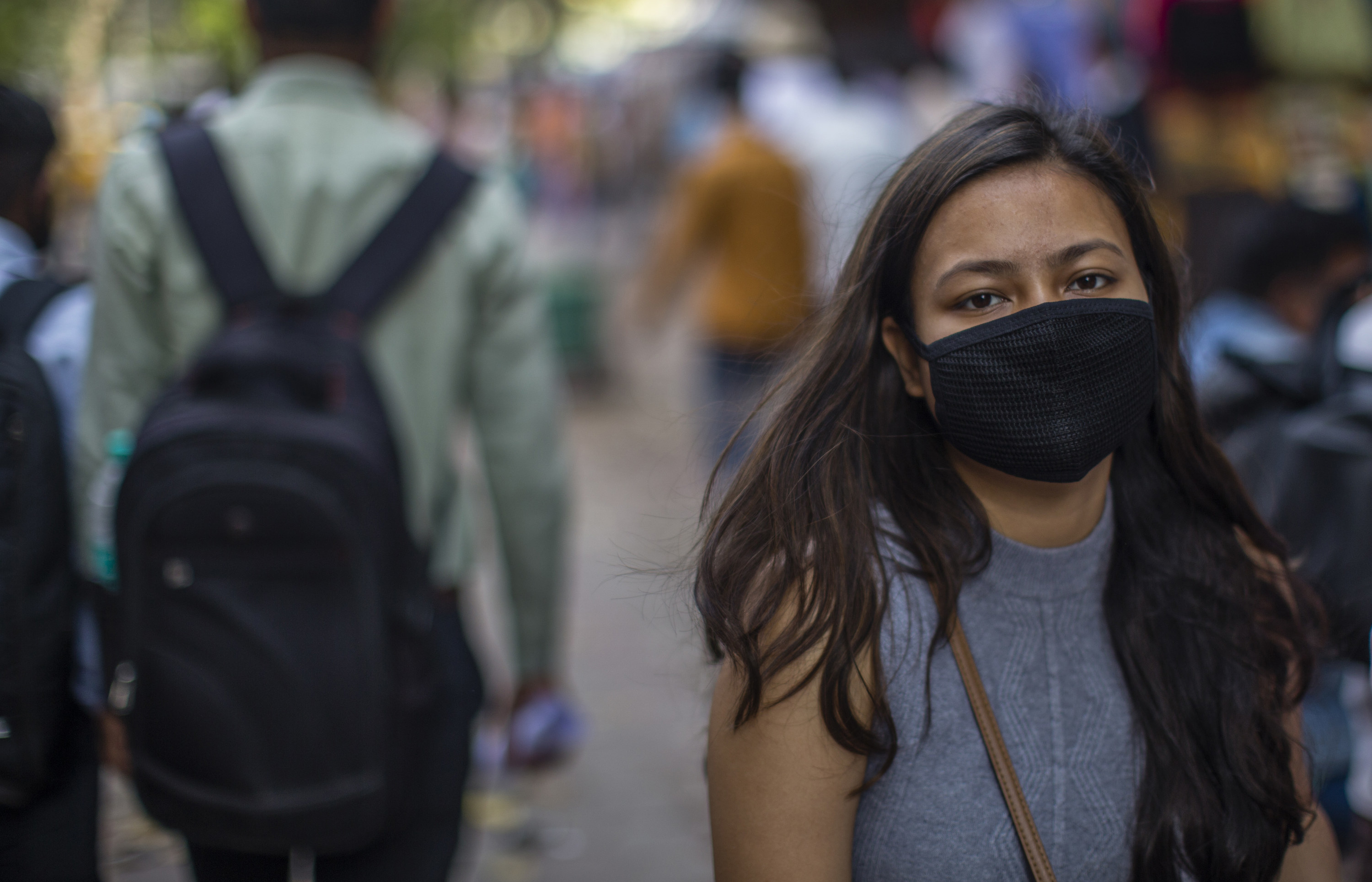
But there are other systemic challenges to ASHA workers that the unions and governments must resolve together — it’s not as easy as just handing out an endless supply of masks
“A big concern is that if ASHA workers show up at people’s homes wearing masks, it might create panic in the community,” Barria said. “On the other hand, if they contract the disease and fall ill, there is no guarantee from state governments that they will receive paid leave, whether they will be tested and treated free of cost, if they will be quarantined, whether they will still be able to work, if the governments will help their older family members who might get the virus from them,” (ASHAs are usually between 25-45.)
What it all comes down to, said Barria, is whether the government will finally recognize community health workers as actual workers and not “honorary volunteers.”
“The state governments love to describe the ASHAs as ‘volunteers’ and encourage them to get other paying jobs — but who can work another job with a 12-hour shift of going door to door, monitoring people’s health? It’s hard, back-breaking work which has only increased with their new coronavirus-related duties,” she said.
Repeated calls and emails from BuzzFeed News to ASHA supervisors in Punjab, Karnataka, and Andhra Pradesh to inquire about the status and safety of community health workers went unanswered. One supervisor in Punjab hung up after saying: “Is your story about the women’s rights or coronavirus? It can’t be about both.”
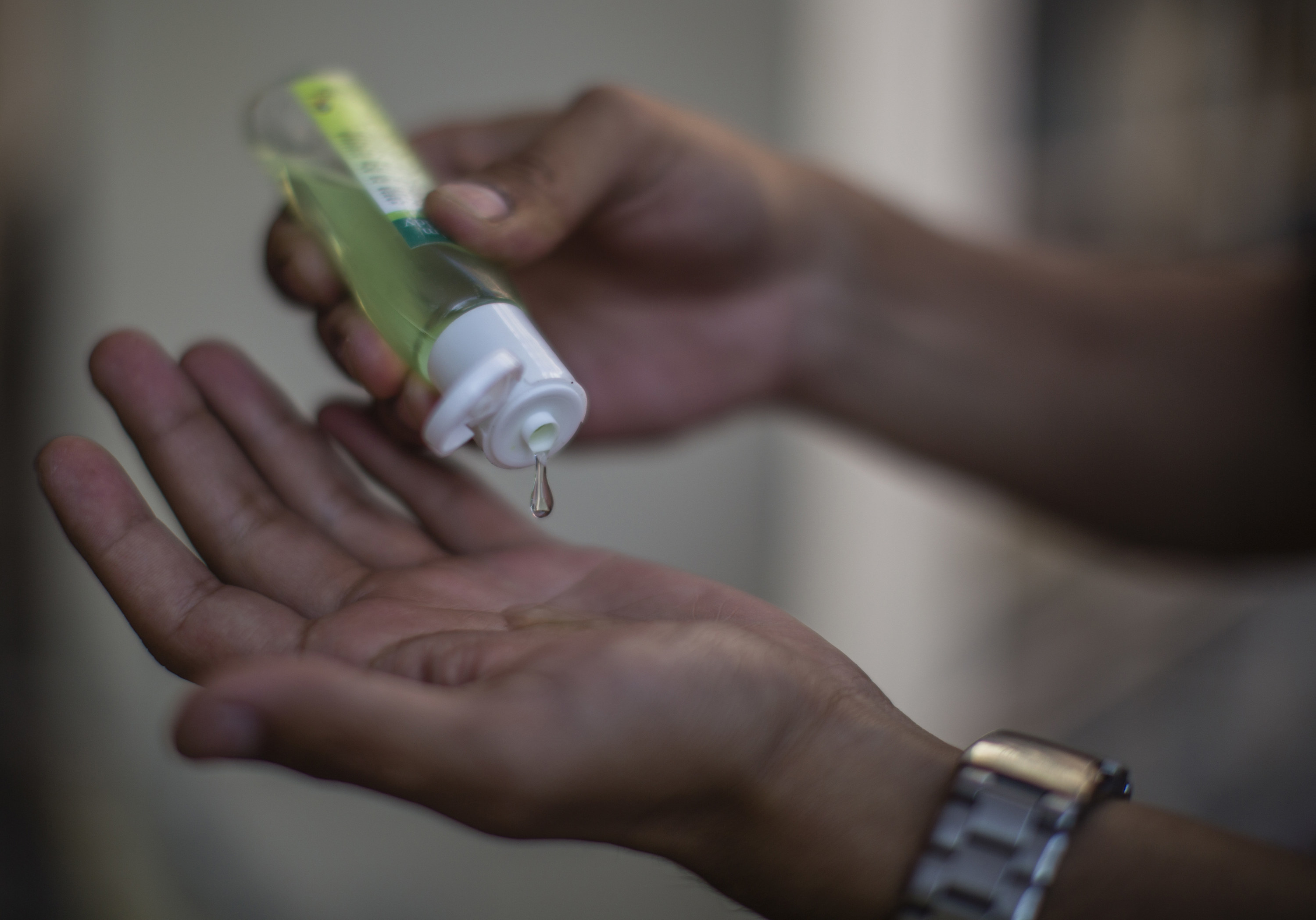
Punjab is one of several Indian states that is afraid of coronavirus casualties growing as migrant laborers return home, particularly from the Gulf countries, where thousands of Indians go to earn a living and send money back home. Despite this, Punjab has tested only 110 people for the coronavirus so far, while at least another 335 people who returned home after traveling abroad are still untraceable.
“I’m doing the same thing I always do — spending my own money and time for this,” N.K. told BuzzFeed News, adding that she has followed similar protocols going door-to-door in the past, including when she made visits to check on tuberculosis and SARS patients. “I buy a fresh mask whenever the chemist gets a supply, otherwise I use my dupatta,” she said, referring to a type of scarf. “I have a bath as soon as I get back and wash my hands as often as I can.”
Even as the pandemic panic began and Modi endorsed appeals to work from home, N.K. has continued to work her 12-hour shifts, which now include making daily house calls to eight different homes where she said people have returned from coronavirus-affected countries. She said she has been instructed by her supervisors to visit their homes every day for two weeks, in order to monitor their symptoms.
In addition to visiting potential coronavirus carriers, N.K. and other ASHA workers are also performing their usual duties: assisting in deliveries, teaching young mothers how to care for newborns, helping the elderly and administering basic first aid. Usually, an ASHA looks after 1,000 to 2,500 families in a district.
“Most people believe that the coronavirus will go away if they drink warm fluids and get enough rest,” N.K. said. “Others believe they have stronger immunity than people in the West. The big fear is that they will be locked up if they show symptoms — I’ve seen family members hide sons who used to work as laborers abroad until last month. They are afraid that once their sons are locked away for a sneeze or a cough, there will be no one left to earn for the family.”●

